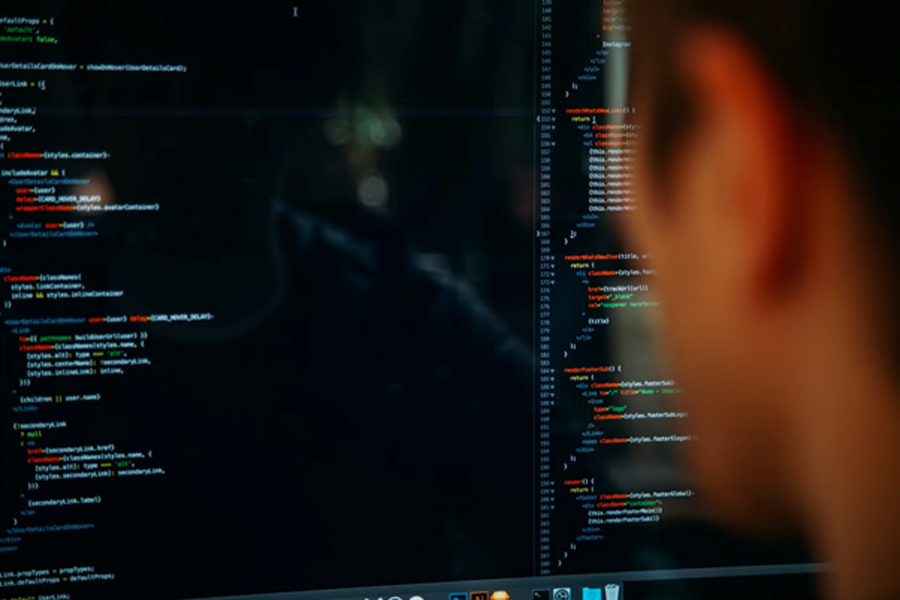
A Complete Guide to Starting a Career as a Medical Coder
Embarking on a career as a Medical Coder is a decision that promises a future filled with opportunities for growth and professional development. Medical Coders play a vital role in the healthcare landscape, bridging the gap between healthcare providers and insurance companies. Their expertise in assigning standardized codes to various medical services ensures accurate billing and aids in maintaining essential health records. This guide aims to equip aspiring Medical Coders with the necessary knowledge and steps to kickstart their career in this exciting and fulfilling field.
Education and Training
To pursue a career as a medical coder, specific education and training are essential. Most employers require candidates to have a post-secondary certificate in medical billing and coding, although an associate degree is preferred. Choosing the right school for your educational journey is a critical step towards a careering in medical billing and coding, as it will provide the necessary knowledge and practical skills required by the industry. These programs offer a comprehensive understanding of medical terminology, anatomy, physiology, and the language of the coding system, equipping coders with the knowledge and skills necessary for the role.
Certification
While certification for medical coders is voluntary, it is highly recommended for individuals looking to establish a successful career in this field. Obtaining certification not only validates one's expertise but also significantly enhances job prospects. In fact, most employers prefer hiring certified medical coders due to the assurance of their competence and professionalism. The American Academy of Professional Coders (AAPC) and the American Health Information Management Association (AHIMA) are two widely recognized institutions that provide comprehensive certification programs, equipping coders with the necessary skills and knowledge to excel in their roles. By earning certification, medical coders demonstrate their proficiency in accurately assigning codes and documenting medical records. This not only increases their credibility but also boosts their marketability in an increasingly competitive job market. Employers place great value on certified coders as they are more likely to possess the expertise needed to ensure accurate coding and compliance with industry regulations.
Skills Required
Medical coding requires a specific skill set that goes beyond basic knowledge. Attention to detail is paramount, as coders need to meticulously review and analyze complex medical records to assign the appropriate codes. A deep understanding of medical terminology is crucial to accurately interpret and translate medical documentation into standardized codes. Proficiency in various coding systems, such as ICD-10-CM and CPT, is also essential to ensure precise coding and proper reimbursement. In addition to technical skills, medical coders must possess good analytical and problem-solving abilities. They often encounter complex cases and discrepancies in medical records, requiring them to apply critical thinking to resolve coding-related issues. Effective communication skills are also important as coders may need to liaise with healthcare providers to clarify documentation or seek additional information for accurate coding assignments.
Job Prospects and Salary
The job prospects for medical coders are highly promising, with a steady growth trajectory expected in the coming years. As healthcare organizations increasingly recognize the significance of accurate coding and documentation, the demand for skilled medical coders continues to rise. This is particularly evident in light of the transition to electronic health records (EHRs) and the emphasis on data accuracy and integrity. The salary in the field of medical coding can vary based on several factors, including experience, location, and certification. Certified medical coders often command higher salaries due to their specialized knowledge and proven expertise.
Career Advancement
The medical coding field offers numerous opportunities for career advancement. Experienced coders can choose to specialize in particular areas of medicine, such as cardiology or oncology, further expanding their knowledge and expertise. Additionally, medical coders can progress into supervisory or management roles, overseeing coding operations and ensuring compliance with regulations. With additional education and training, medical coders can also transition into health information management roles, taking on broader responsibilities related to the organization and utilization of healthcare data.
Continuous Learning and Adaptation
In this ever-evolving and dynamic field, continuous learning and adaptation are absolutely crucial for medical coders. It is imperative for them to stay updated with the latest coding guidelines, industry trends, and advancements in healthcare technology. By doing so, they can ensure accurate coding and compliance with the ever-changing regulatory landscape and requirements. This commitment to ongoing education and staying abreast of developments enables medical coders to provide the highest level of quality and precision in their work, contributing to the overall efficiency and effectiveness of the healthcare industry.

Starting a career in medical coding involves a commitment to education, certification, and continuous learning. It requires a specific skill set, including attention to detail, understanding of medical terminology, and strong analytical and communication abilities. The rewards of this career path are many, from promising job prospects and competitive salaries to opportunities for specialization and advancement. As the healthcare landscape continues to evolve, medical coders have become more crucial than ever, ensuring accurate billing, maintaining essential health records, and contributing to the overall efficiency of the healthcare industry. Undertaking a career as a Medical Coder is not only a professionally fulfilling choice but also a significant contribution to the important mission of delivering quality healthcare.





